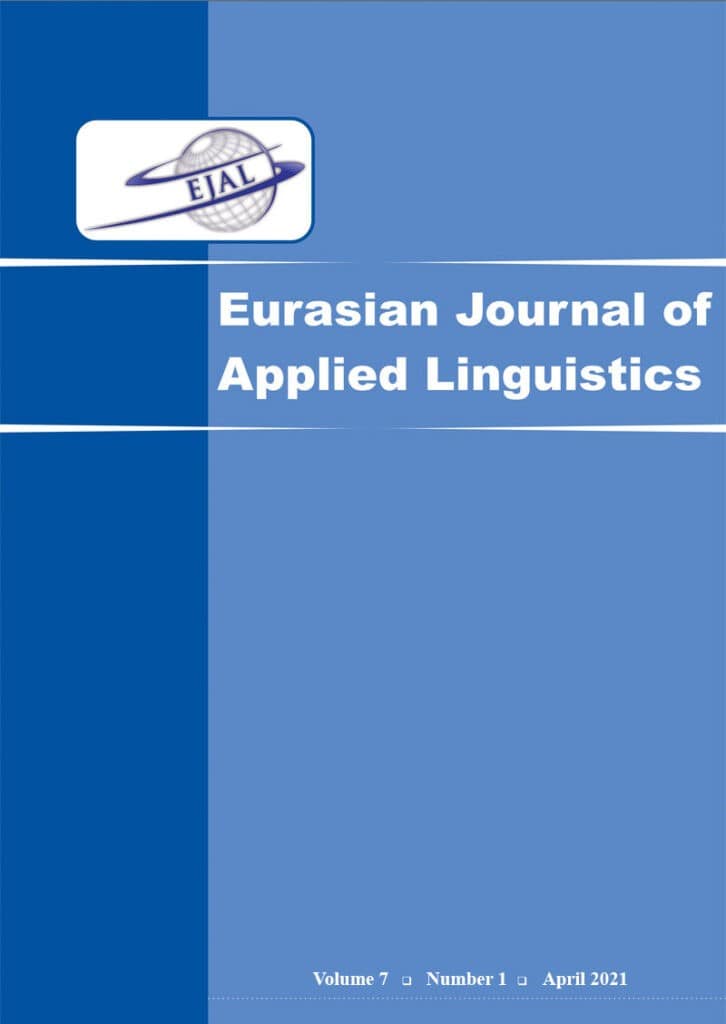Stancetaking in spoken ELF discourse in academic settings: interpersonal functions of I don’t know as a face-maintaining strategy
Hatime Çiftçi Erdem Akbaş Erciyes University https://orcid.org/0000-0003-2204-3119 Keywords: Stancetaking; spoken ELF academic discourse; intersubjectivity; interpersonal pragmatics; doctoral defense discussions Abstract Our study examines interpersonal functions enacted through a stance marker in spoken ELF academic discourse. We specifically focus on investigating the functions of I don’t know in an academic speech event by embracing an interpersonal pragmatics and […]

